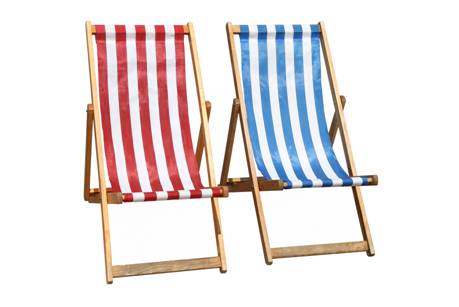 You’ve decided to invest your money in real estate, which is potentially a wise move. Even if the market value drops, there are options other than selling and trying to break even. Many property owners keep hold of their investments for years, renting them out to cover the mortgage, until the sector recovers.
You’ve decided to invest your money in real estate, which is potentially a wise move. Even if the market value drops, there are options other than selling and trying to break even. Many property owners keep hold of their investments for years, renting them out to cover the mortgage, until the sector recovers.
However, the problem with British property is the price. It’s expensive. If you already have a loan for your home, you may not want to double down and handle two mortgages at once. It only takes a small mistake or a sliver of bad luck to end up in a sticky financial situation. Still, that doesn’t mean your dream is over since foreign valuations are much cheaper and accessible.
 Whether it’s a holiday house or a business proposition, it’s better to look farther from home. Thailand is and has been popular with British citizens and expats for years, but what makes it an ideal investment opportunity?
Whether it’s a holiday house or a business proposition, it’s better to look farther from home. Thailand is and has been popular with British citizens and expats for years, but what makes it an ideal investment opportunity?
Outside Money
There’s no doubt that the rules and regulations for foreigners in Thailand are complicated, yet they haven’t stopped thousands of Brits from securing a piece of the action. This is down to two reasons: the property prices and the loan system.
Firstly, it’s not hard to find a house under 1M Baht anywhere in the country. Like all capital cities, Bangkok is more expensive, yet it’s not extortionate like London or Tokyo. Secondly, you don’t need a loan from a Thai bank to finalise the deal. Under the law, the money has to come from a company outside of Thailand if the property is going to be under a foreign name.
Considering the lenders in Britain have access to your credit score and can check your suitability, it shouldn’t be too hard to obtain the necessary funding. This is particularly true when the loan amount is smaller than a typical real estate mortgage in Britain.
 Tax Loopholes
Tax Loopholes
Tax is always an issue for real estate owners and developers; however, this isn’t true in Thailand. As long as you choose correctly, you can avoid paying any taxes on your property as certain types are exempt from land and house contributions. Essentially, this means a condo or condominium.
Unlike other buildings and land, condos aren’t taxed at the same rate, making them an ideal purchase for investors looking to spread their resources. Even if you don’t plan on living in it, the fact that your overheads are lower will result in a bigger yearly profit. Please note that the law only applies to condos and apartments. Anything else is taxable.
You should also expect fees if you ever sell the property, such as transfer, document, and tax expenses. Of course, if you plan on leaving it to family, this isn’t an issue!
Legal Loopholes
For those who are unaware, foreigners can’t legally own land in Thailand without a Thai partner. The only exception is Americans as the US has a special agreement. Although this sounds like a huge hurdle, it isn’t because the legislation is written in such a way that it offers a variety of options.
For example, condos are popular not only for tax purposes but because a foreigner can own 100% of a condominium as long as the building is Thai-owned. Alternatively, if you want to purchase land or a house, you can create a Thai limited business and have a local you trust transfer the deeds over once the deal is complete. Lastly, if your partner is Thai, you can put everything in their name.
It’s not a simple process by any means. But, the fact that there is a grey area means that investors find the market very agreeable.
 The Lifestyle
The Lifestyle
Owning real estate in Thailand, however you do it, means you can live in the country. Alternatively, you can visit as and when you choose since accommodation isn’t an issue. For Brits, this is incredibly appealing as the Southeast Asia region is stunning.
The fact that the cost of living is low, the weather is pleasant, and the lifestyle is better than at home makes it a perfect spot for expats and retired investors. Combine the relatively low upfront fees and the tax and legal loopholes, and you get a dream investment that’s worth more than money.
Sure, the cash is nice, and it plays a huge part in your decision, but the balance between life and work is also why the property is popular with foreigners in Thailand.
Will you follow suit or spend your money elsewhere?
You must log in to post a comment.